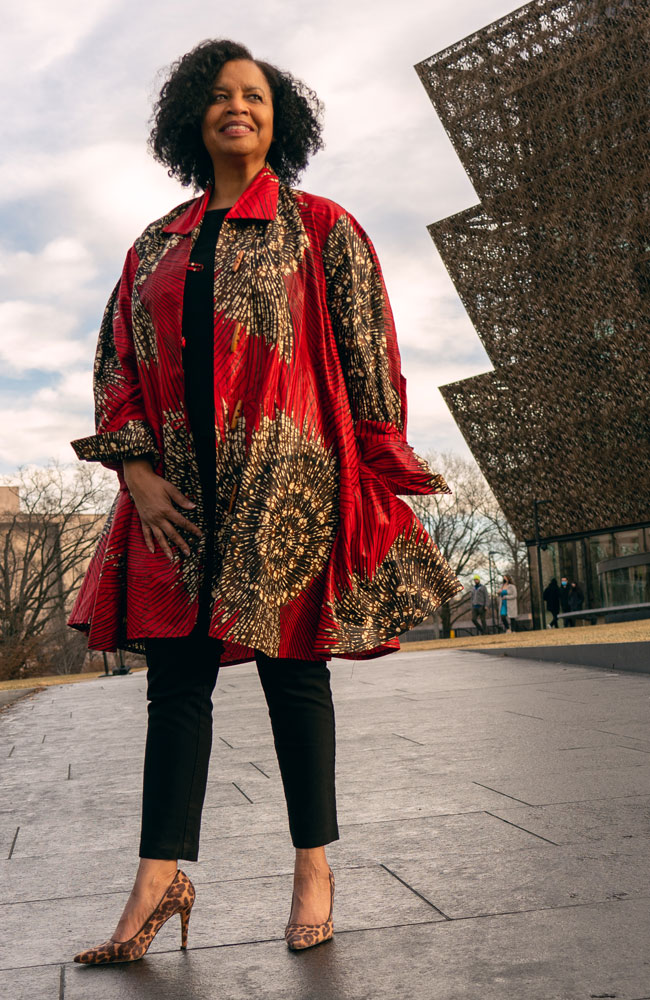
I can never get away from your presence!
If I go up to heaven, you are there;
if I go down to the grave, you are there.
. . . To you the night shines as bright as day.
Darkness and light are the same to you”
(Psalm 139:1-7).
It takes effort in our technologically tethered world to imagine life where no one knows where you are, or that you even exist. In the days before GPS, or cell phones, or satellite surveillance, or social media, I imagine the psalmist alone under the stars in a cobalt sky tending the sheep. Here, David senses a Holy presence in persistent pursuit of him. Imagine, the God of heaven so intimately invested in knowing us.
“You made all the delicate, inner parts of my body
and knit me together in my mother’s womb.
Thank you for making me so wonderfully complex!
Your workmanship is marvelous—how well I know it.
You watched me as I was being formed in utter seclusion,
as I was woven together in the dark of the womb.
You saw me before I was born.
Every day of my life was recorded in your book.
Every moment was laid out
before a single day had passed”
(Psalm 139:13-16).
I believe this poetry of David survives because in addition to its beauty and assurance, it stands in contrast to the idea of a disengaged God. Absorb and internalize the whole passage here.
Abortion opponents, many of whom are evangelical Christians, fresh on the heels of a decades-long fight to overturn the United States Supreme Court decision in Roe v. Wade, found support and rationale for their advocacy in these and other biblical passages. I cherish these words—not to determine the precise moment of the beginning of life, or when it can or cannot be terminated. Rather, this passage urges this solemn consideration: God sees, cares and knows about each of us. It’s a timeless affirmation of our individual purpose and destiny in the hands of God our Creator.
Advocates of abortion choice, believers also, correctly assert three important challenges to these notions. And, I’m not talking about whether life is sacred or God-breathed. Rather, the question of whether enough value is assessed for life outside of the womb is a legitimate challenge. It’s so problematic to see that fervor for life wane in the face of racial, class, religious, political, gender, sexual identity, national origin and or ethnic differences. Or it’s problematic when passion for life that can’t balance unrestricted gun access in the face of mass shootings. Or, live-giving health care is opposed; or life-taking capital punishment lacks accuracy, or life-altering environmental threats lurk, unchecked.
Also, the question of how best to implement abortion bans should cause every believer of conscience to tread carefully when individual states implement policy and law that fail to factor in the trauma of rape, incest, and risk to the life of mothers. Or, when legislatures seek to criminalize assistance of any kind for abortion, or incentivize informants. If the justice of Jesus sometimes surprised the religious elite, and Solomonic wisdom searched beyond what meets the eye, we must demand that judges and prosecutors use humane discretion in addressing these cases.
Finally, while you may not agree substantively with the practice of abortion, recognize that choice is a value. It plays a critical role in the practice of sincere Christian believers, and is so respected by God—as evidenced by the millennia-long redemptive predicament we call earth—that He allows us to even choose Him. More court decisions and statutes implicating conscience are sure to come. Know that we will each stand before God, on our own.
“Search me, O God, and
know my heart;
test me and know my
anxious thoughts.
Point out anything in me that offends you,
and lead me along the path of everlasting life”
(Psalm 139:23, 24).

CARMELA MONK CRAWFORD, Esq.,
is Editor of Message Magazine